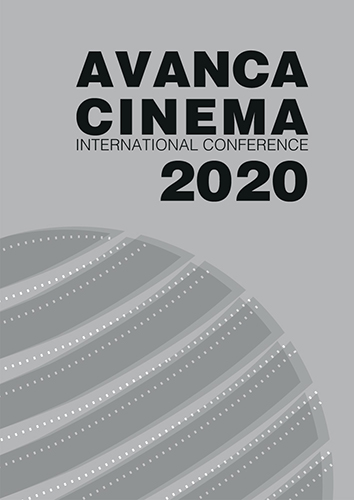Chapitre III _ Cinéma - Communication
Mídia Out of Home, pós-massividade e convergência: reflexões sobre a democratização e da descolonização da comunicação no brasil do século XXI
Résumé
This article will address the presence of digital Media Out of Home (DOOH) in the daily life of Brazilian society at the beginning of the 21st century, in order to reflect on possible alternatives to the use and management of these media that point to the democratization and decolonization of the communication system. As DOOH can be considered all media that are outside the home space. Also called outdoor media, this type of media has become a media phenomenon in informational cities of the 21st century, making itself noted in different circumstances in the daily life of Brazilian society, installing itself both in internal environments of more restricted public (indoor media), as in screens and external panels available to the general public (outdoor). However, despite the varied power of use of these media, it is in the field of advertising and marketing that its most significant results are currently verified.
This type of media, therefore, ends up having its use very destined for market purposes, overshadowing other possibilities of use and management model, which will be raised in our study. To develop this work, we will have as main theoretical references the concepts of massive and post-massive function, André Lemos, convergence, Jenkins, and communication ecosystem, as understood in PPGCCOM/AM-BR.

Ce travail est disponible sous la licence Creative Commons Attribution 4.0 International .

